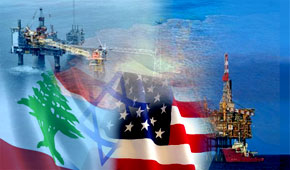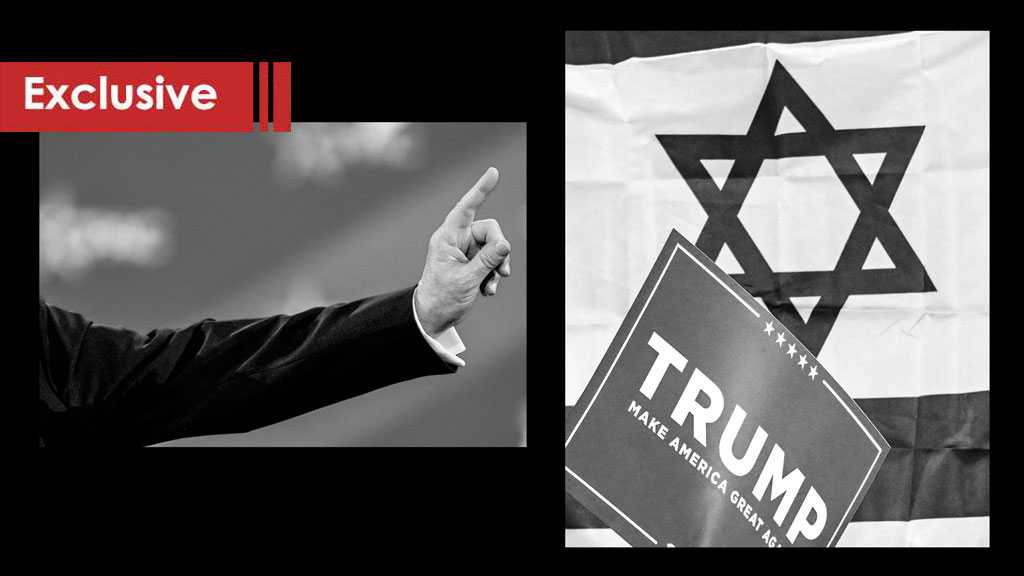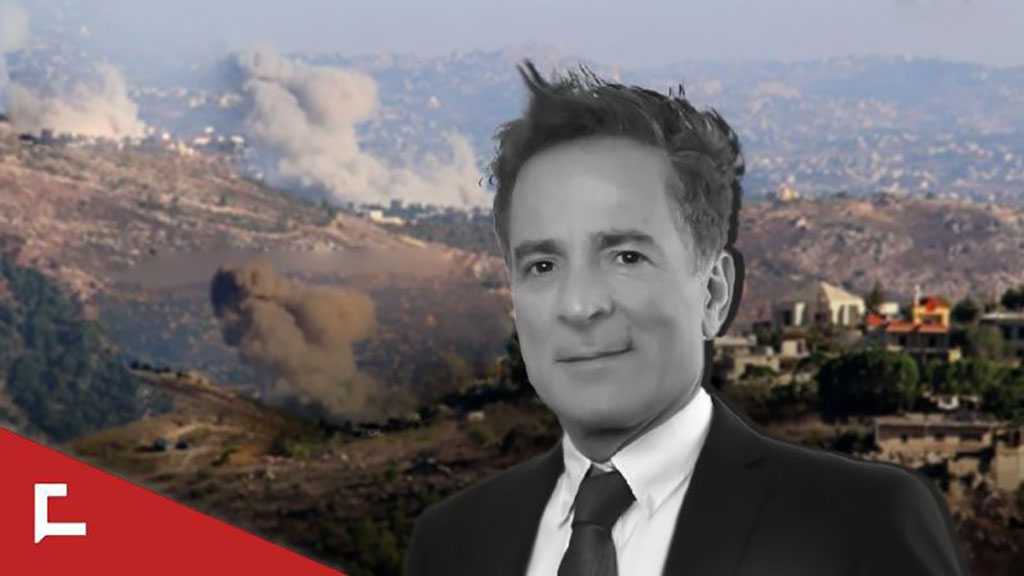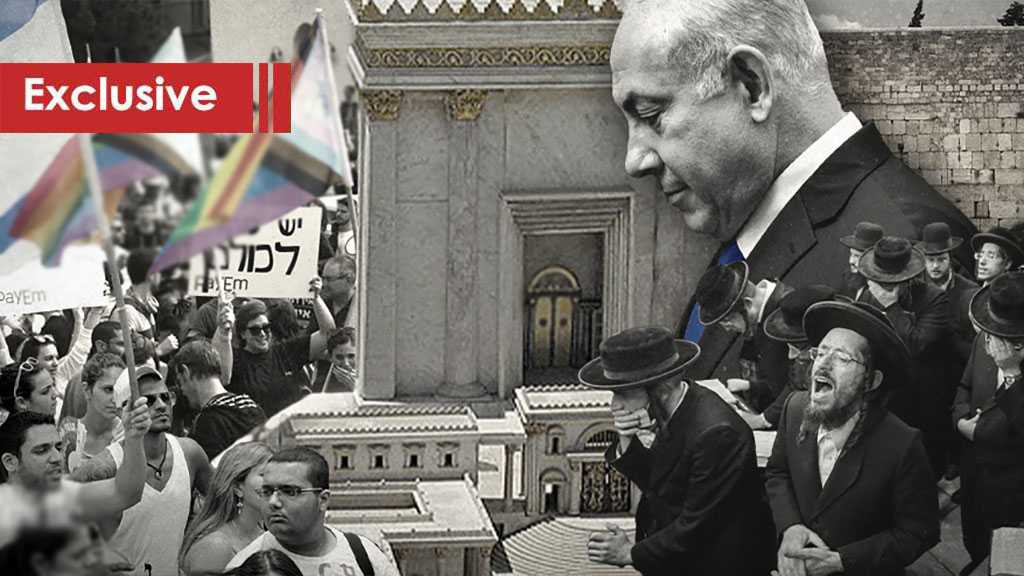Gas Equation, Between Stability and Exploitation

Linda Ajami
A French report, titled "gas and oil: the secret wars," unearths the coulisse of March 2011 Libya war, and the truth behind the French-Qatari scheme to oust former president Muammar Gaddafi, as well as the link between this scheme and the vast oil fields in Libya, prone to fulfill Europe's needs for long decades.
The report confirms that taking grip of these oil resources is the drive for colonization and conflicts, as this energy source is the mainstay of the economic interests and daily life needs. Hence, where there is oil there is certainly the US, alongside the West.
Not everybody knows that US diplomat Frederick Hoff is tasked with the demarcation of the Lebanese-Palestinian maritime borders and the exploration of offshore oil resources.
| The Mediterranean Basin covers 83, 000 square kilometers including the coastlines of Lebanon, Syria, Cyprus, and Occupied Palestine. |
Echoing Sharara, Baath MP Assem Qanso maintains that the Americans are endeavoring to realize their interests and take over resources in developing countries, including Lebanon. He rakes up the too many visits to Beirut of US diplomats, namely Hoff. He also sounds the alarm on a US-Zionist scheme aimed at looting the oil resources in the Middle East.
Besides, the Americans are nowadays majorly concerned with finalizing the oil dossier in Lebanon. Sharara sees that Washington seeks to close this file before any drastic developments take place in the region, noting that "Israel" has already demanded the US to settle on this matter the soonest possible in order that it should venture into exploration.
Sharara adds that Hoff has explained to the Lebanese officials his vision of a solution to the Lebanese-"Israeli" maritime borders issue. The diplomat has suggested establishing a no-work zone comprising the controversial area between Lebanon and the enemy, whereas exploration shall be conducted in both sides of this zone.
Lebanon's oil, the price for stability
The growing concern with protecting Lebanon's stability in fact stems from the necessity to secure the adequate climate for the investment of oil resources.
Sharara notes that after the assassination of General Wissam Hassan, Washington has remarkably mobilized to prevent the collapse of Najib Mikati's government, because this would take a toll on the "smooth" course ahead of finalizing the gas project in Lebanon.
 Qanso agrees with Sharara. He underscores that the gas dossier is earning Washington's top concerns on the Lebanese scene. He sees that the US is keen on preserving stability because it keeps an eye on the "black gold." "Americans want stability at any price to protect their interests and not out of love for Lebanon," he says.
Qanso agrees with Sharara. He underscores that the gas dossier is earning Washington's top concerns on the Lebanese scene. He sees that the US is keen on preserving stability because it keeps an eye on the "black gold." "Americans want stability at any price to protect their interests and not out of love for Lebanon," he says.Sharara indicates that Hoff's efforts to divide gas fields among "Israel," Lebanon, and Cyprus are now at an advanced stage, with Washington leaving Mikati a freehand to decide when to let the US intervene practically and to arrange the legal requirements to move forward with this dossier.
For his part, Qanso sees the US keenness and betting on Mikati's role to promote for its interests come within the frame of common interests between both sides. "Both the incumbent and former prime ministers were ready to connive with the Americans to take over gas," Qanso remarks.
Gas resources, the reason behind war on Syria
The gas war is a major background for the events in Syria. The race to exploit gas on one hand and searching for new pipelines to conduct it to Europe in lieu of exporting Russia's gas on another are key reasons behind the war on Syria.
Both Qanso and Sharara agree that there is an implicit war within the heated developments taking place now in Syria. Qanso reminds that the war on Libya by France and the US aims at looting this nation's gas resources. He avows that Arabs and the West have a major greed in Syria's gas. But he notes that this scheme is being hindered by Russia.
In turn, Sharara makes it clear that Qatar intends to extend a pipeline to transport gas from Qatari fields into Homs, through KSA and Jordan, where it shall line with the "Israeli" pipeline. It shall also extend from Homs to Turkey, then to the Bosporus Sea, before reaching Europe eventually.
This would intertwine with the interests of Russia, Europe's key gas supplier.
Even though much was achieved recently, the finalized steps remain incomplete, unless more efforts are exerted. Otherwise, Lebanon has little chance to compete its neighbors.
| The Mediterranean Basin comprises 1.7 billion barrels of petroleum and 122 trillion cubic feet of gas. |
Albeit Lebanon is rich in oil and gas, the state must speed up this dossier instead of wasting time on related sectarian and confessional considerations.
According to Yaghi, the Ministry of Energy and Water Resources is called to venture into the implementation of the oil project. He stresses that developing local resources shall beget self-sufficiency and oil and gas exportation to European markets. He notes that "Israel" will export its first oil order next March, while Lebanon remains torn in details.
In conclusion, the Lebanese state is yet to deal with this dossier and answer some questions. Will Lebanon give in to the bids to besiege Russia's pipelines and agree to explore oil as per secret terms? Or will the exploration answer Lebanon's interests and rights to invest in its national resources?
Source: al-Ahed news, translated and edited by moqawama.org




